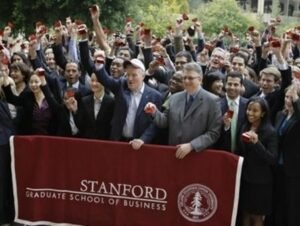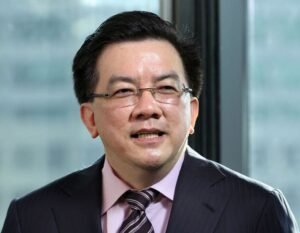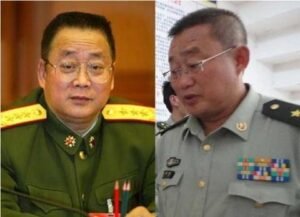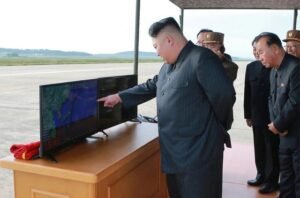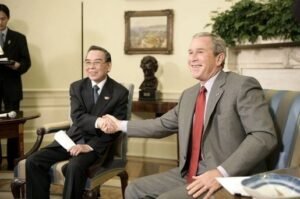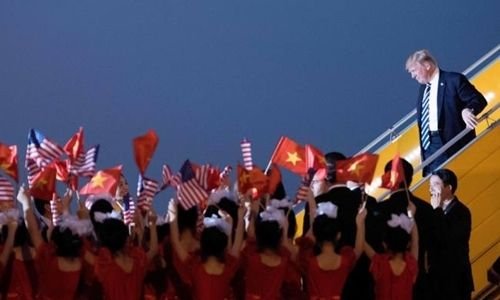
The US is at a disadvantage when standing outside the TPP 3
In January, US President Donald Trump withdrew the country from the Trans-Pacific Partnership Agreement (TPP), pushing the world’s largest free trade agreement to the brink of collapse.
On CNN, Alexander Capri at the School of Business at the National University of Singapore commented that this move is `a big step forward`.
CPTPP also shows the desire of countries, such as Japan, to restrain China’s growing influence in the region and the world.
US President – Donald Trump arrived in Hanoi last weekend.
Mr. Trump likes bilateral trade agreements.
However, if the new TPP is completed soon, the remaining members in the TPP, such as Japan or Vietnam, will not be very interested in bilateral agreements with the US, Capri said.
“The risk is that the US is increasingly moving away from economic interactions in the region,” Christopher Nelson – editor of the trade magazine Nelson Report commented in the New York Times, “and from a business perspective, the
The rise of China is pushing other countries to either follow suit or join together to resist.
“At some point, the government will probably realize this is a strategic mistake and does not benefit American workers,” warned Rufus Yerxa – Chairman of the US National Foreign Trade Council, “
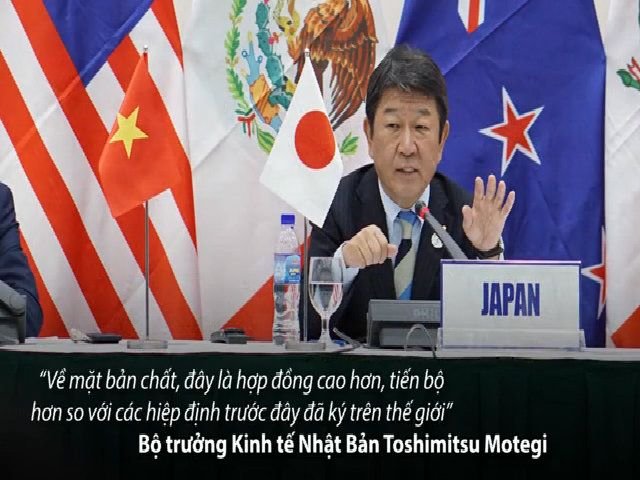
How are CPTPP and TPP different?
With CPTPP, members will be exempt from import taxes.
Talking to VnExpress, Eric L.Schmidt – CEO of EventBank (USA) also expressed regret when the US withdrew from TPP.
However, many experts believe that America’s absence from TPP may only be temporary.
Meanwhile, on the Financial Times, Wendy Cutler – who participated in TPP negotiations for the US – was not very optimistic.
However, it is unclear when CPTPP will be completed.
The new agreement will remove barriers to trade in goods and services between 11 countries.
Importantly, key provisions on e-commerce and cross-border data exchange remain in place, despite the US withdrawal.
Countries, like Japan, are eager to use the new agreement to contain China.
“Asian powers will still find opportunities to balance China’s influence, with or without the US,” said Abraham Denmark – Director of Asia studies at the Woodrow Wilson International Center.
And even though Mr. Trump has withdrawn the US from the TPP, China may not have an easier time drawing countries into its orbit.
Besides, recent signals from China show that they want to take a pioneering role in the globalization process.
